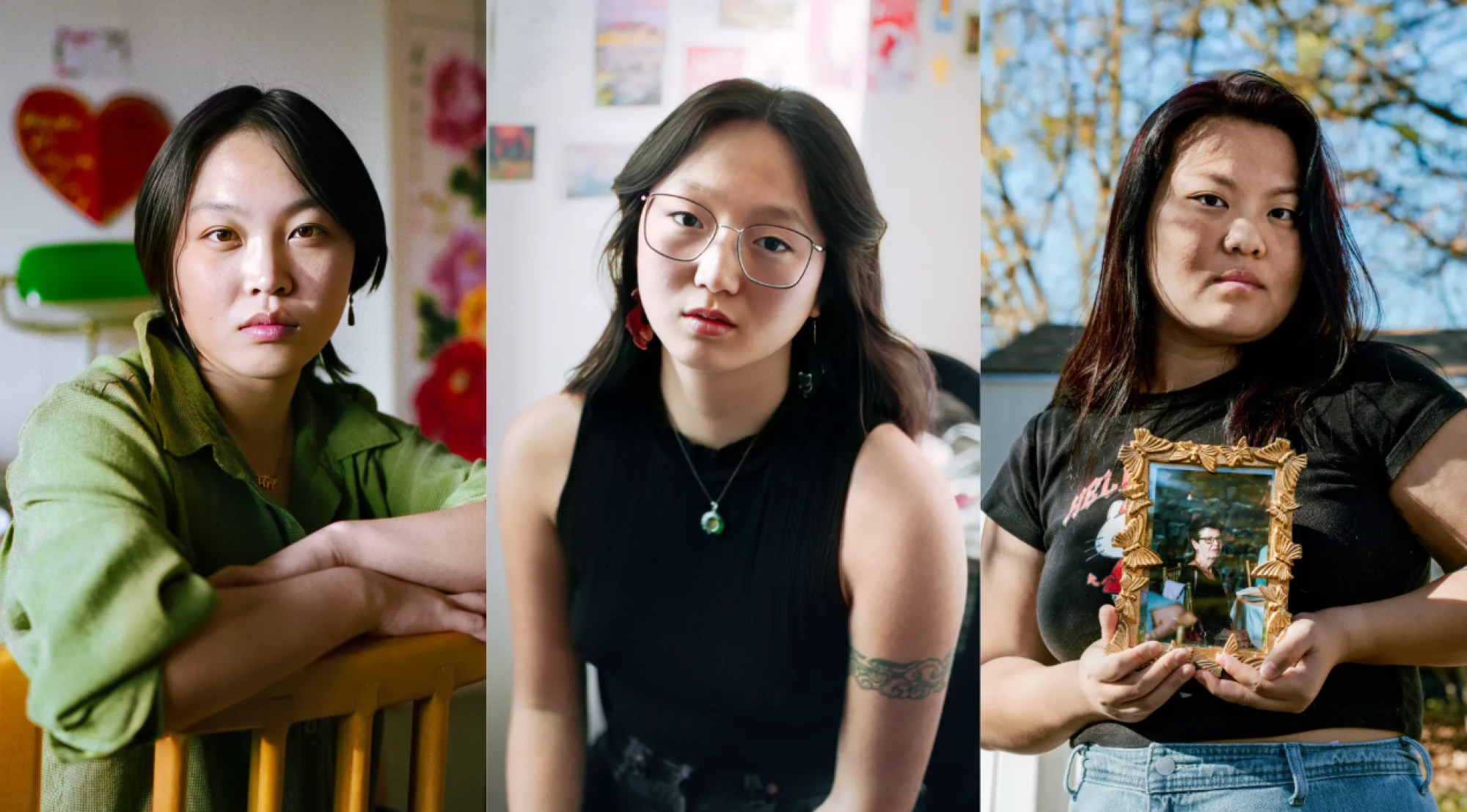
Chinese Intercountry Adoption: How One Law Changed the Lives of Hundreds of Thousands of Kids
Chinese Intercountry Adoption: How One Law Changed the Lives of Hundreds of Thousands of Kids
[2025/7/23] by Teen Vogue
On August 28, 2024, the People’s Republic of China announced the end of their intercountry adoption policy, and a small corner of the world stood still.
Chinese transnational adoptees worldwide were shocked, relieved, saddened, and frustrated all at once. Some had hoped to one day adopt children of their own from the country. Others were alarmed by the possible uncertainty around their adoption paperwork.
China’s intercountry adoption program, formalized by the 1992 Adoption Law, stemmed from earlier state concerns about overpopulation. This history is perhaps best known via the 1979 One-Child Policy, which limited many families to only have one kid. In the 32 years that the law was in effect, approximately 160,000 Chinese children were adopted by families across the world.
I was one of them.
Now, we’re growing up: graduating from college, moving across the world, and building families of our own.
My project, 32 Years Later: The Legacy of Chinese Intercountry Adoption, attempts to tell as much of our story as I can by documenting the individuals impacted by this era and how they’ve reflected on their place within it. Over the past year, I have interviewed and photographed Chinese transnational adoptees in the United States and United Kingdom. I listened to stories of struggle and resilience, of grief and reconnection, of wondering about a past they lost and learning who they’re becoming. Their generosity and vulnerability are a strength to which I keep returning.
Like every identity, several unique events and shared characteristics define the Chinese transnational adoptee experience. Many transnational adoptees are raised by white families in predominantly white communities, isolated from their culture. These families often lacked cultural awareness, tools, or willingness to meet the needs of their adopted children. However, they had the finances, education, and lifestyle required to adopt internationally. Chinese adoptees often have parents older than those of their peers, creating generational, cultural, and emotional gaps which some of us are still trying to bridge.
"Coming out of the fog" is a term used within the adoptee community to describe the realization that adoption as an institution exists within broader systems of colonialism and power, and profit, not love and saviorhood. Through this experience, adoptees re-find and understand one another, and that shared connection helps us define what it means to be part of this cohort on our own terms.
In many ways, being a Chinese transnational adoptee feels like belonging to a generational cohort. We collectively navigated growing up in America post-9/11, the 2008 recession, the COVID-19 pandemic, and its subsequent rise in Sinophobic rhetoric and hate crimes. Chinese transnational adoptees are forever linked by this era of political policy.
Still, as a Chinese transnational adoptee, there is no single correct way to be, or feel. Our experiences are complex, fluid, and often shaped by the openness — or rigidity — of our adoptive families. The choice to respond to it and how is important and personal, but it’s not permanent. A holistic representation of Chinese adoptees is incomplete without those who feel disconnected from adoption discourse entirely, those who critique it, and those who find peace in not engaging at all.
At the same time, I celebrate how we have grown beyond it. Our identity is multifaceted and intersectional, and adoption encompasses a pivotal but small fraction of it. We are creatives, researchers, engineers, and teachers. We are shaped by so many things: race, gender, sexuality, class, language, and geography. We carry joy, ambition, and contradictions; we form communities, challenge expectations, and create lives that are entirely our own.
Since the policy’s end in September, conversations around adoption, identity, and legality have only grown more urgent. Immigration and citizenship concerns in the United States are reaching new heights under the second Trump administration. Most Chinese adoptees in America were automatically naturalized by the Adoptee Citizenship Act of 2000, but several thousand intercountry adoptees are still at risk of potential deportation to countries where they have no known family, cannot speak the language, and have no way to support themselves financially. Even many with citizenship feel unsure and have applied for an additional Certification of Citizenship to verify their status if needed.
Fitting into the broader Asian American Pacific Islander (AAPI) diaspora has never been straightforward for many Chinese adoptees. Often raised in predominantly white environments, many of us grew up estranged from our cultural roots, but still experience the racism that comes with being Asian, even in interactions with our own families. We aren’t always visible within AAPI discourse, but we share in its struggles, its aspirations, and its resilience. Our stories are part of the Asian American narrative, even if we’re still figuring out what they will be.

